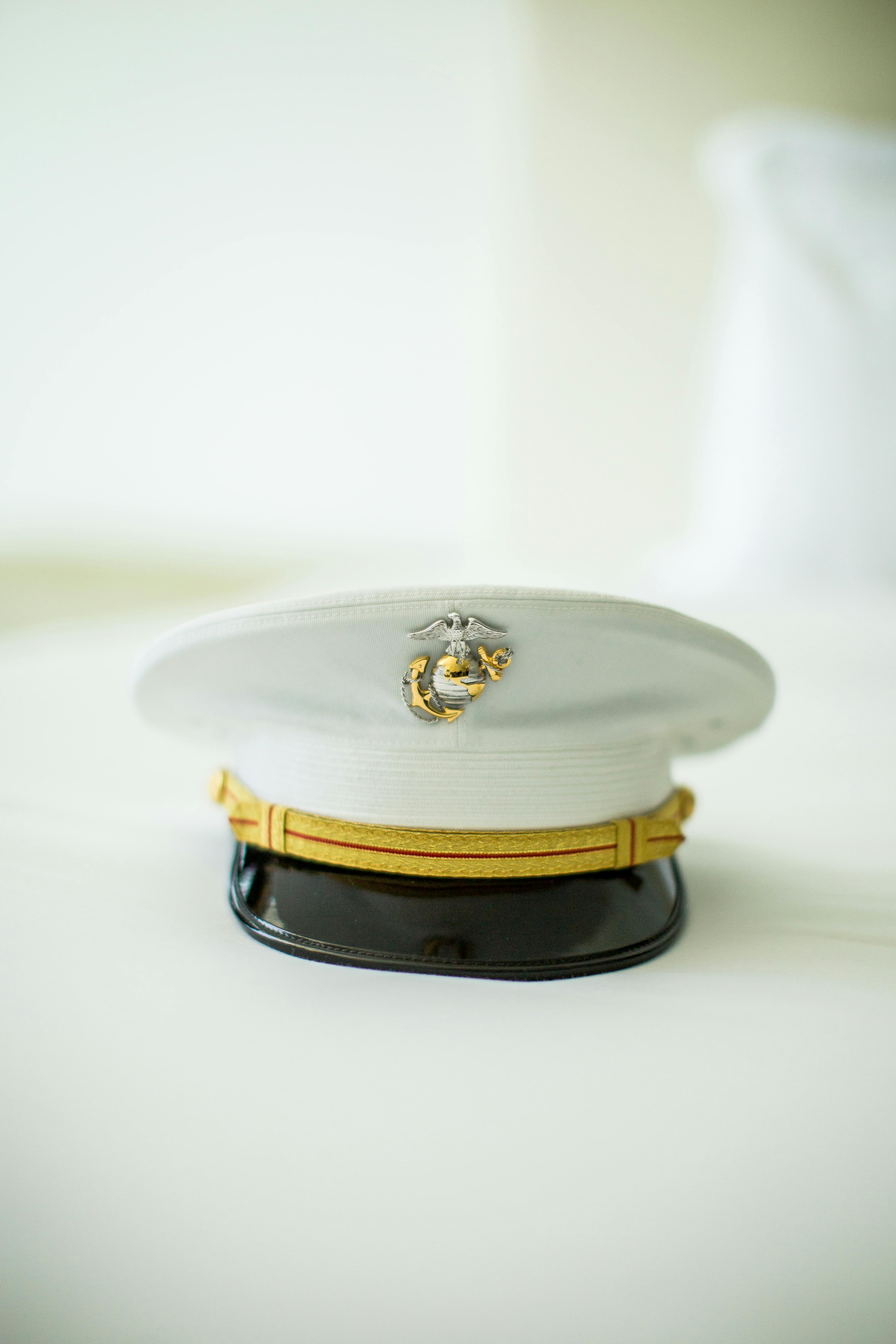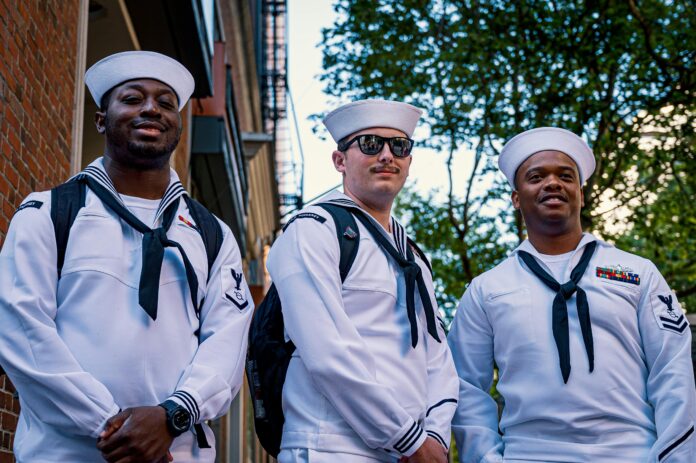Hey, you want to be a ship captain, right? Being able to sail the high seas, feel the wind in your hair, and shout “Ahoy, matey!” all the time? Well, it’s not all about how glamorous life at sea is. To become a ship leader, you need a special set of skills, a lot of hard work, and a lot of determination. Let’s look at the most important skills you’ll need to start this exciting job path.
Learning how to navigate and sail
To become a successful captain, mastering a variety of skills is crucial. These include navigation, ship handling, safety protocols, and leadership abilities. Aspiring captains must undergo rigorous training and education to ensure they are prepared for the challenges of the sea. While gaining practical experience on the water is vital, theoretical knowledge is equally important. Many individuals find that balancing their education with hands-on training can be challenging. But with the correct use of proven online assistants, future sailors can rest easy on their own success in training. You can rest assured that EduBirdie pay for essay writers when they deliver the written work to you. Ultimately, mastering these skills is about combining modern technology with traditional knowledge to ensure the safety and efficiency of your vessel.
Tools and methods for navigation
Today’s technology has changed the way people navigate. It is very important to learn how to use radar, GPS systems, and electronic chart display and information systems (ECDIS). These tools help the captain plan routes, stay clear of dangers, and keep the ship safe. However, technology can break down, which is why traditional skills like being able to read marine charts, use a sextant, and understand how tides work are still very important.
Seamanship and Managing a Boat
Seamanship includes a lot of different skills, such as being able to tie knots and work with ropes and nets. It means knowing how your boat acts in different situations, like when the seas are quiet or rough. Is it easy to dock a ship? Can you get your team to handle the sails well during a sudden storm? The difference between a beginner and an experienced sailor is these useful, hands-on skills.
How to Lead and Manage
It’s not enough to just steer the ship; you have to lead the people too. It is very important to have good leadership and managing skills. A leader is responsible for making sure everyone on board is safe, maintaining order, and building trust. Are you ready to take care of more than just a boat? Are you ready to take care of the lives of the people who sail with you?
Managing the crew
Managing a group of people from different backgrounds and with different personalities takes strong people skills. It is important to be able to solve problems, work as a team, and communicate clearly. You’ll have to make sure everyone works well together, keep morale high, and give people jobs based on their skills. A happy crew works hard, and it’s your job to make sure the ship stays in good shape.
Making choices and solving problems
The open sea is dangerous, and accidents can happen at any time. Taking quick, firm action can make the difference between a small problem and a big catastrophe. Under timed stress, can you make tough choices? A captain needs to be ready for everything, whether it’s navigating through a storm, fixing broken equipment, or dealing with medical issues.
Technical know-how and safety rules
In today’s maritime industry, technical knowledge and safety protocols are more critical than ever, especially with the integration of advanced technologies like AI. Understanding the mechanical and electrical systems of your vessel is fundamental, but leveraging AI can elevate your capabilities as a captain. AI systems can monitor and analyze real-time data from the ship’s machinery, predict potential failures, and optimize maintenance schedules, ensuring that your vessel operates at peak efficiency. Furthermore, AI can enhance safety protocols by providing advanced warning systems for weather changes, navigation hazards, and onboard emergencies. By combining traditional technical knowledge with cutting-edge AI technology, captains can significantly improve the safety and reliability of their operations at sea.
Systems for electricity and mechanics
It is necessary to know how the ship’s mechanical and electricity systems work. Can you figure out what’s wrong with an engine or an electricity system? Even though you don’t have to be a master tech, knowing how your boat works can help you keep small problems from getting worse. The ship stays safe and seaworthy with regular maintenance checks and fixes done on time.
Safety drills and what to do in an emergency
There is no way around safety at sea. It is very important to know how to do safety drills, what to do in an emergency, and how to use life-saving tools. Do you know how to do a man-overboard drill? Do you know what to do if there’s a fire on board? By practicing regularly, you and your crew will always be ready for anything, which will lower the risk of harm and save lives.

Legal Knowledge and Following the Law
There are a lot of rules and laws that guide the maritime world. As a captain, you must follow all international, national, and local rules about the sea. This means knowing the rules of navigation, the rules about the environment, and the standards for crew comfort.
Laws and rules for the sea
Maritime law covers a lot of different areas, from rules for ships to protecting the environment. Do you know what the International Maritime Organization (IMO) rules are? These rules must be followed in order for you to legally operate your vessel. If you break the rules, you could get fined a lot, get in trouble with the law, or even lose your captain’s license.
In conclusion
It’s not easy to become a ship captain. It takes a mix of being able to navigate, being able to lead, having technical understanding, knowing the law, and being physically and mentally tough. As a captain, you need to know more than just how to steer a ship. You also need to be able to lead your team with confidence and skill. Are you ready to start this exciting trip? You can become the captain of your dreams if you work hard and learn the right skills. This is the ocean.







